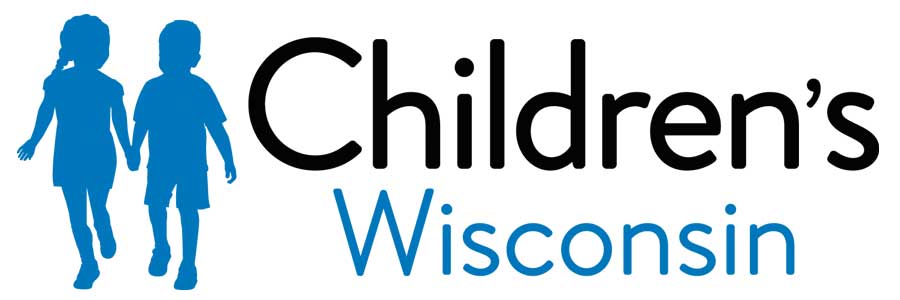Brain death (1357)
Key points below
What is brain death?
Brain death is a medical and legal definition of death. It means that your child’s brain is no longer keeping their body alive. Brain death is permanent and cannot be reversed. The machines that are connected to your child are the only things that are keeping their body breathing and their heart beating. It is so hard to believe, because your child may look like they are just sleeping.
How do doctors know that a person’s brain has died?
Doctors will confirm brain death only when all of these are true:
- The degree of brain injury is permanent.
- There is no sign of brainstem function. The brainstem is the lower part of your child’s brain that controls the pupils of the eyes, breathing, and heart rate.
- Other factors are ruled out. These may include medicines and low body temperature.
When all three of these are true, your child will be examined and have a series of tests. The doctors will check to see if your child:
- Can move (motor function)
- Have brainstem reflexes, and
- Could breathe without the ventilator machine.
- Has blood flow to their brain. This is called a Flow Study. It is not always done.
Two doctors do the same series of tests. They do not do them at the same time. Together, these tests confirm if your child’s brain injury has resulted in brain death.
About the tests:
During the brain death exam, the doctors are looking for:
- Motor function in response to pain. The doctors will check to see if your child moves in response to something that would normally be painful. This might be firm rubbing on the chest or pinching the shoulder or squeezing an earlobe. The doctor will be watching to see if your child responds to the pain. During the test, your child may have twitching or make sudden movements. These are spinal cord reflexes, which do not involve the brain. They are not the same as motor responses.
- Brainstem reflexes. The doctors will shine a light in your child’s eyes to look for a reaction of their pupils. They will touch the eye with cotton or gauze and watch for a blink. They will touch the back of the throat to see if your child coughs or gags. Ice water is put in your child’s ear to see if it makes their eyes move. Your child’s head will be moved from side to side to see if the eyes move as expected.
- Breathing without the help of the ventilator. For a short time, the doctor and respiratory therapist will disconnect your child from the ventilator. They check to see if your child will take a breath. The nurse will be taking blood samples to check if your child’s carbon dioxide levels increase. These levels increase if your child is not breathing on their own. If your child is unable to take a breath, the breathing tube will be re-connected to the ventilator.
What happens next?
If the second brain death exam confirms brain death, the doctor will pronounce your child’s legal time of death. This is often a very difficult and emotional experience. Your child’s heart will continue to beat while the ventilator is breathing for them. This is not the time your child is removed from the ventilator. You and your providers will discuss stopping all medical care that keeps your child’s lungs, heart and organs working. Saying goodbye to your child is very hard. It is hard to believe they have died. They may feel warm and be full of color while they are on the ventilator.
After your child has been pronounced dead, experts from a partnering organ donation center will meet with you. These are never hospital staff. They explain what organ donation means and possible options. Each family will decide what is best for them after brain death is pronounced.
Doctors, nurses, social workers and chaplains are here to support you. No matter what you decide, your child will be treated with love and respect.
Frequently asked questions
Is it possible that our child is just in a coma or a vegetative state?
No. Brain death is not a coma or vegetative state. A person in a coma has brain activity. Someone in a vegetative state has function in the brainstem to breathe on their own. Once brain death happens, all brain functioning has stopped. It cannot be restarted.
Has anyone ever survived brain death?
No. This has never happened. The injury to the brain is too severe. Brain death is final and cannot change.
Is there anything else that can be done?
Everything possible to save your child’s life has been done. After brain death, nothing can be done to save your child’s life.
Does insurance coverage influence a diagnosis of brain death?
Absolutely not. Care provided to your child is determined by your providers and your family.
Can the doctors who perform the brain death tests also have patients who are waiting for organs?
No. Any doctor who has other patients on a waiting list to get an organ donation cannot perform the brain death tests. Also, the doctors who perform tests for brain death cannot be from an organ donor organization.
What if I have religious or spiritual needs?
The Spiritual Care Team at Children’s Wisconsin is here to support and help you with your religious and cultural needs. You have this support during the hospital stay and after. You will receive a bereavement folder with more information. Together, all of your care team members are committed to respecting your beliefs and practices as best we can.
Ask any questions that you have.
